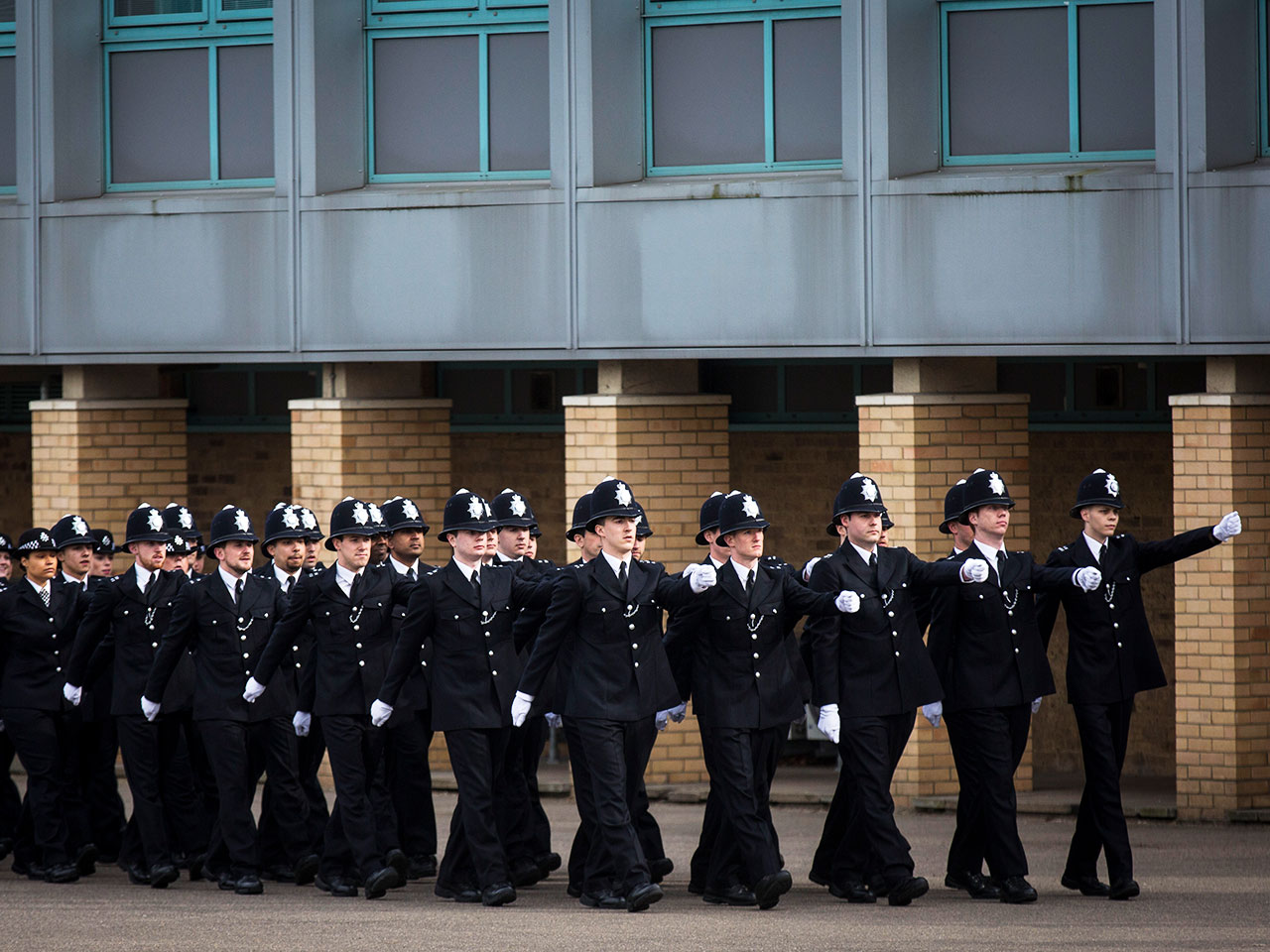
The government has hit its target to hire 20,000 police officers in England and Wales. Credit where credit is due. Last year the National Audit Office said the programme was “on course to achieve value for money”. The government set itself a target and followed through on time.
It would be misleading, however, to say there are now 20,000 more police officers. The recruitment drive was only necessary because the Conservative and coalition governments cut police numbers by about 20,000 between 2010 and 2019. They are replacements. And rather than retain experienced officers, the turnover means the police force is now populated by more junior, often younger officers. Almost 40 per cent of officers are forecast to have fewer than five years’ experience in 2023-24. Yet another example of the false economy of austerity.
The policy is also a clear example of the government focusing on policy inputs (police numbers) rather than outcomes (lower crime). The government won’t benefit from holding up yesterday’s announcement as an achievement, without also talking about its impact on voters’ lives. People don’t care about statistics; they care about results. Labour, in comparison, has promised to halve violence against women and girls, and reduce knife crime.
Whatever the government says about police numbers, voters can’t escape the sense that the police aren’t working. Greater Manchester Police was in special measures for two years until October 2022. Last month, the Casey Report found the Met Police in London was institutionally sexist and racist. In Gloucestershire, police take on average 18.5 hours to respond to priority calls and the average time across England is 5.5 hours.
Why hasn’t Rishi Sunak paraded the fact he’s kept a manifesto promise? Perhaps because he doesn’t actually want to talk about the state of the police.
[See also: Rishi Sunak now needs Suella Braverman more than ever]





